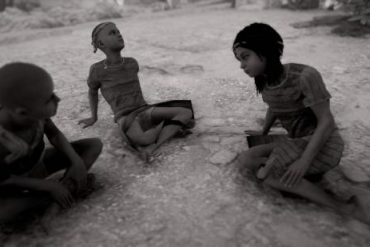December 10th
…Unwinnable Khee Hoon Chan is more cutting, getting to the heart of why both capitalism and addiction by design are at odds with the rhetoric of freedom that drives so much game design.
“The capitalist ideology is simply at odds with individualism, passion and spontaneity. Instead, coursing through its veins is a penchant for mundane predictability and cold, economic calculation.” Two more takes on the latest Wolfenstein game are added to our growing collection this week.
The New Colossus








